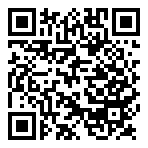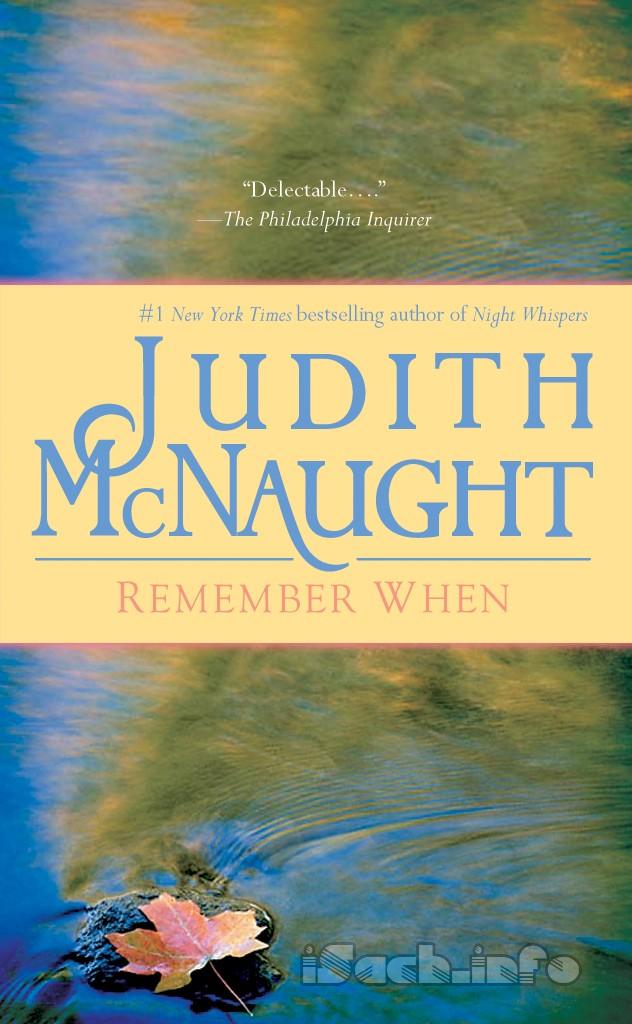Chapter 62
A
T TEN-THIRTY THE FOLLOWING MORNING, KENDALL AND Prentice Cushman and three other sponsors of the class-action suit being prepared against Cole Harrison and Unified Industries shoved their way through the curious crowd into the large room where the hearing was to take place.Their friends and allies, Senators Longtree and Kazinski from the state of New York, had saved seats for them in the first row.
At ten-forty, an assistant to Senator Hayward walked up to the front row and politely handed the two senators and the five members of the Cushman entourage an envelope. In each envelope was a subpoena requiring their presence throughout the hearing today.
"What the hell is this for?" Senator Longtree said to Prentice Cushman.
Prentice Cushman didn't answer because he was watching a familiar elderly man with stooped shoulders walk up the aisle and sit down at Harrison's table.
Diana observed the unfolding drama from the back of the room, where she stood beside Senator Byers, who'd convinced the SEC security guard that she was a member of his staff and must be allowed to observe. Periodically he reached over and gave her arm a reassuring squeeze.
At first everything seemed to move with agonizing slowness. Cole's attorneys announced that if the judge would permit a degree of flexibility in the presentation of the case, the whole matter could be easily resolved. The judge kept looking at the crowd of two hundred in the room and seemed extremely willing to do anything that would bring the matter to its earliest conclusion. He was already convinced Cole was guilty, anyway, Diana knew.
After that, Cole made his statement. He said categorically that he had not started or caused to be started any rumors about the reliability of the Cushman microchip. He said that he had believed when he offered nineteen dollars a share for the company that the chip would perform and that he had been assured by responsible members of the Cushman board that the rumors about the chip were untrue— that their early test results had shown it to be a major improvement over other chips on the market.
The judge interrupted twice to challenge Cole's statements, which annoyed Diana and caused the senator to pat her arm reassuringly again.
At the conclusion of his statement, Cole said that the Cushman people had falsified their test records of the chip. The judge found that so ludicrous that Diana thought he would laugh. "Let me see if I understand you, Mr. Harrison," he said, tapping his pencil on the pad in front of him. "You are telling me that Cushman knew the chip was unreliable?"
Cole said that was exactly what he was saying, and the judge pounced on it. "Then would you care to explain to me why the former owners and shareholders of Cushman Electronics have filed formal complaints and are now endeavoring to get the rights to this chip back, and why you do not want to give it back, sir?"
Cole replied that neither he nor Cushman had any interest in the chip, and that sent a sudden hush over the room. It made the judge scowl impatiently. "Then what did you intend to gain when you bought Cushman Electronics?"
"Two patents," Cole replied.
After that, Cole's attorneys asked Willard Bretling to testify. He confirmed everything Cole had said. He accused the Cushmans of falsifying his test results, and with great ire, he related his ignominious ejection from Cushman's premises. He explained that he had told Mr. Harrison about his excellent credentials and warned him that the Cushman chip was no good, before Mr. Harrison bought it. Diana could feel the reaction to that in the room. Poor Willard looked to them like a disgruntled ex-employee who was now anxious to say anything to support his new employer.
Cole's lawyers interrupted the proceedings to remind the judge that the contents of patents are available to the general public and therefore do not constitute insider information.
The judge waved that off and asked Willard why Mr. Harrison had seen a use for these two patents that Cushman in their "shortsightedness" had not seen.
Diana wanted to applaud when the harassed genius said, as if he were patiently trying to explain to a child, "A creation is like a puzzle. Mr. Harrison had the whole box of pieces already. He just needed a couple more from my patents."
"To make what, if I may be allowed to ask?"
"I'll show you."
With infinite care and pride, Willard walked over to the exhibits table and, like a magician about to produce a rabbit from a hat, swept off the cloth covering a flattish square object. The whole audience seemed to lean slightly forward, but the judge saw it first. "Are you telling this court that you made a pizza out of one hundred and fifty million dollars' worth of patents?"
The roar of laughter that shook the walls made speech impossible, and so no one heard the voices coming from the box while Willard slowly opened it. He stood the object in it up and turned it toward the audience, and it was as if a giant hand clamped over the collective mouths in the room.
The picture on the eight-pound television set was in perfect color and had flawless clarity. The screen measured twenty-six inches diagonally. It was twenty-one inches high.
It was only five inches thick.
While Oprah interviewed two family psychologists, twenty rows of men and women leaned forward in their chairs simultaneously and the whole silent audience seemed to flatten out and tilt.
The judge looked chastened. "An ultraslim television. That's quite an accomplishment."
"Mitsubishi's can't compare to it," Willard agreed. "And, of course, theirs needs an electrical outlet."
"A battery-operated set?" the judge asked. "How long does it work on that battery?"
"About five days."
A man in the row in front of Diana slowly stood up. The man beside him followed him out. The next row filed out swiftly. It reminded Diana of people in a hurry to make an orderly exit out of church pews. Within minutes, three fourths of the room had evacuated in a near stampede. The last quarter remained to get a closer look at the Oprah show.
Beside her, Senator Byers leaned his shoulders against the wall, crossed his arms over his chest, and laughed softly, his admiring gaze riveted on Cole, who was talking quietly with his lawyers as they all packed up to leave. "Diana," Sam Byers said, "your husband is a very brilliant man. And he is also lethal."
Diana was more interested in the dark side of human nature that made people assemble to witness a potentially scandalous spectacle and leave when the promise of bloodletting disappeared. She remarked on that to Sam Byers, "Once they realized there wasn't going to be any bloodshed, they were in a hurry to get back to work."
Sam Byers's chuckle became a laugh that rolled out from deep in his belly. "They aren't going back to work, Diana. They're rushing around finding phones to call their brokers to put buy orders in for Unified's stock!"
"I see."
"I don't think you do see. Your husband has just created a vast moral dilemma that will embroil at least one hundred politicians in a round of accusations and counteraccusations with the SEC—who technically reports to them."
"How?"
"This hearing wasn't actually open to the public; it was only open to the Congress and members of the SEC. So at this moment, most of the congressmen who rushed out of here are now busily buying all the Unified stock they can afford, based on what could easily be regarded as 'insider knowledge.' " He shook his head. "It's the ultimate coup de grâce."



 ePub
ePub A4
A4